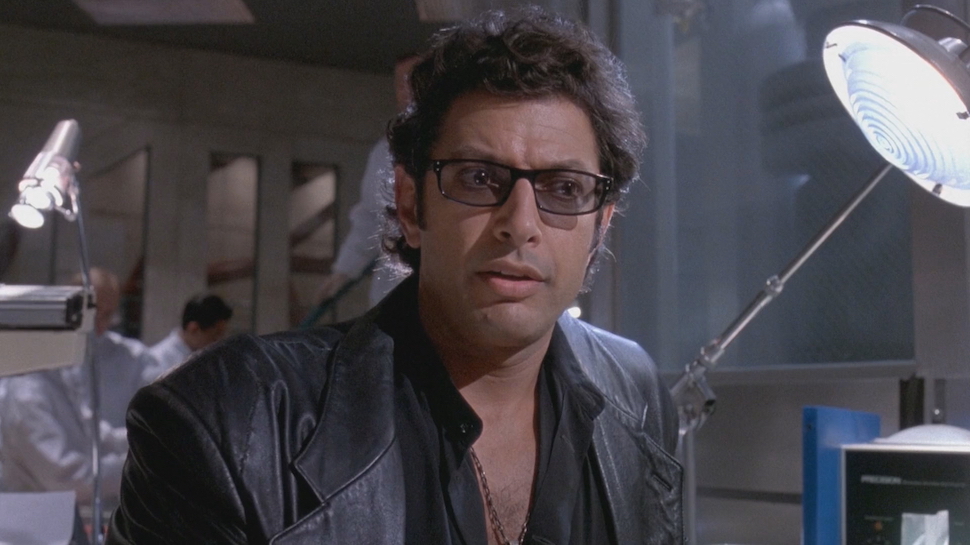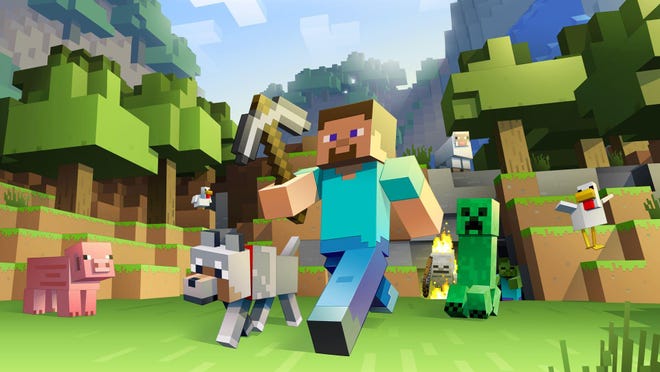Look at me, I know some shakespeare. Actually I probably got it from star trek, whatever.
For my sins, I enthusiastically agreed to watch a movie on the Disney channel (gotta make that Mandalorian subscription worthwhile) for kids called Artemis Fowl. Its a sort of harry-potter meets enders game action adventure about faeries. yeah. I didnt know that when I agreed to watch it. But apparently a popular series of kids books, so there ya go. Harry potter was ok, even His Dark Materials is kinda ok, in a generic lord-of-the-rings clone kinda way so this will be fine right?
No, it was BAD. it was REALY REALLY BAD. I’m not the only person who thinks so. I could whine about the plot, and the script and the casting and the voices (TBH the actors did their best), but what really ruined it for me was the budget. The budget was way TOO BIG.
 Judy dench and her army of faerie shocktroopers err…?
Judy dench and her army of faerie shocktroopers err…?
You might not think having a big budget can ever be a problem, but maybe its an age thing, when you hit my considerable age (older than Elrond), you have just seen SO MANY CGI BATTLES and so many ‘amazing’ computer generated worlds that they actually start to become bland. After a while you just stop seeing it. The familiar becomes invisible.
We have a really nice view out of our front door, and occasionally delivery drivers on a summers day will say ‘its an amazing view isn’t it?’ and we are momentarily confused, thinking what? However good something is, however amazing it is, familiarity breeds dismissal. Economists call this ‘diminishing marginal utility‘. It applies to movies too, and to video games.
The original Star Wars movie probably had about the right mix of amazing special effects and….not special effects. The number of shots in that movie involving ILM is not that high. As a result when something SFX-like happens, you can legitimately feel the need to go WOOOO. Like when the millennium falcon enters hyperspace. The vast majority of the film is based around characters, plot, and cool production design/costume design.
To quote a famous expert in chaos theory:
“so preoccupied with whether or not they could that they didn’t stop to think if they should“

Which is so true of SFX and CGI in movies, and also I think games as well. Sometimes you just have TOO BIG A BUDGET, and a desire to just hose it all over the screen. I still remember my confusion, and frankly disgust at playing one of the civilization games that instead of having a simple text-based tutorial, came with a jankily animated ‘virtual sid meier’ to explain things. WTF? Who asked for this? who needed this? where were all the comments complaining that the game was too complex, but would be fine if a 3d animated version of the designer slowly talked through each dialog box?
This is a big problem for ANY part of life where money is involved. Apples market cap has accelerated like crazy since steve jobs died. They have SO MUCH MONEY and have thus slowed their pace of innovation to practically nothing. Oh look, now the iphone has no headphone socket. Now its a bit bigger. Now its a bit smaller. Errr… guys shall we splurge it all on a big headquarters building instead?
 $5 billion of shareholders money spent well I’m sure.
$5 billion of shareholders money spent well I’m sure.
Compare the catastrophic waste, failure, delays and nonsense that defines the US governments efforts to fund space exploration through the likes of the ‘space launch system]’ (swimming with cash) versus the scrappy ‘we have no budget’ spacex. Who has made more progress?
Sometimes too much money makes people do crazy things, makes them so keen to prove how big their budget or market cap is, that they act irrationally. Not only could artemis fowl have been made for a tenth of its $125 MILLION budget, it would almost certainly have been a better film as a result. More room for character development, more room for decent plotting. You cannot have a nice emotional scene that deepens the characters motivations when they are surrounded by a million dollars a minute of CGI. Just ask George Lucas. Same director did A New Hope and The Phantom Menace…
I think its worth considering how this applies to videogames. We too have entered an era of fantastic budgets, huge development teams and incredible spectacle… but although we probably don’t have the problem *AS BAD* as Hollywood does in terms of just shoehorning budget in front of our customers to impress them, we are certainly heading that way and occasionally flirting with it.
I have NO IDEA how much it cost to make Minecraft before Microsoft bought it, but you can bet its not a lot. There was no 300-man art teams designing those cubes. There was no symphony orchestra making the music (did it have any?) there was no army of Hollywood actors doing voiceovers…. and yet bizarrely it become a staggering success.
 This did not cost a trillion dollars
This did not cost a trillion dollars
For the price of a mere $100 million, you can make an amazingly high budget video game, or I dunno… a hundred REALLY well funded video games. Maybe one of them will take off, angry-birds style. The choice is between an all-eggs-in-one-basket strategy, or diversification. I know which would help me sleep at night.
I think there is a very strong argument, financially, economically, from a business-strategy POV, that companies are better off making more games with smaller budgets. Clearly the heads of studios disagree, and given their bazillions, can I really claim they are wrong? But even if you think I AM wrong on that basis, then I still think there is an artistic argument to be made.
Huge budgets do make art better, and they can very very easily make it worse. Would handing an extra $10 million to George Lucas have made ‘A new hope’ a better movie? or would it have made it more like the phantom menace? Is the relationship between the star wars movie budgets and their value as art in ANY way positively correlated with the budget?
I find myself increasingly ANGRY when i’m watching a movie and I can see the money literally dripping off the screen. A character arrives in 19th century London. Ok cool…what do they do there. NO! WAIT! STOP! You do not understand, you have to be MADE to SEE just how much money we spent on this establishing shot. Did you not SEE all of the CGI horses and carts? did you not count how many actors had 19th century costumes on as they walked down the street? Are you not impressed?
 single shot in death valley used to be THE mos eisley establishing shot
single shot in death valley used to be THE mos eisley establishing shot
I just don’t need this. I was fine in the way Mos Eisley looked before the special edition added all the establishing stuff. It added nothing, except cost. But even that looks tame given the way Hollywood sprays cash around now. The tendency now is to have a million dollars (or way more) spent on an establishing shot while the titles appear. Why? What does this add?
My point here I guess is to encourage people not to do this with games. We don’t need it. We really don’t. By all means hire a lot of people to do better writing (most game writing sucks), or to do more QA, or to work on customer support, but the instant, automatic response to having a big budget is to splurge it on big-name voiceovers, ten hours of orchestral music, and FMW and cutscenes that go on for hours, and hours and hours.
And please remember, its not illegal, its not immoral, and it doesn’t make you a failure, or a fool for uttering the completely forbidden words ‘I don’t think we really need to spend that much to make this’.